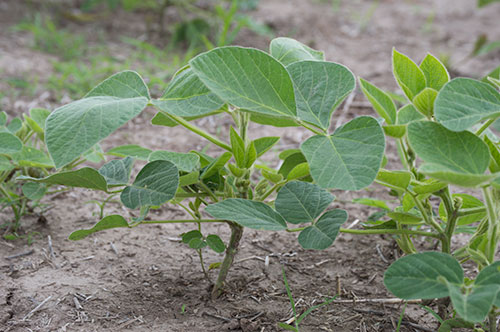
Having been applied to crops and farm fields for over 40 years in some 160 countries around the globe, glyphosate is the most widely used herbicide on the planet. That being the case, one would believe the science behind the weed killing compound is on rather solid footing. Monsanto, the major manufacturer of the herbicide under the brand name Roundup, would agree. However, the World Health Organization (WHO) would beg to differ as it has placed the compound on a watch list for potentially carcinogenic qualities.
Monsanto officials believe so strongly that the WHO listing is inaccurate that company officials are calling for a retraction. Brett Begemann, chief operating officer of the world's largest seed company, told a media press conference that the WHO study "contradicts decades" of well-established science.
In placing glyphosate on the watch list for potential cancer-causing qualities, WHO officials cited occupational exposure studies in the U.S., Canada and Sweden that showed "increased risk for non-Hodgkin lymphoma." The watch group also pointed to health ailments found in separate studies involving mice.
While the classification may not stick, the finding may prompt Monsanto and other glyphosate manufacturers to update safety information found on websites and on product information tags. Whatever the case, it could become a major issue. Just last year, 94 percent of the soybeans and 89 percent of the corn planted in the U.S. were plants tolerant of the herbicide.
To read more on the WHO study, click the link.
(c) Hoard's Dairyman Intel 2015
March 30, 2015








